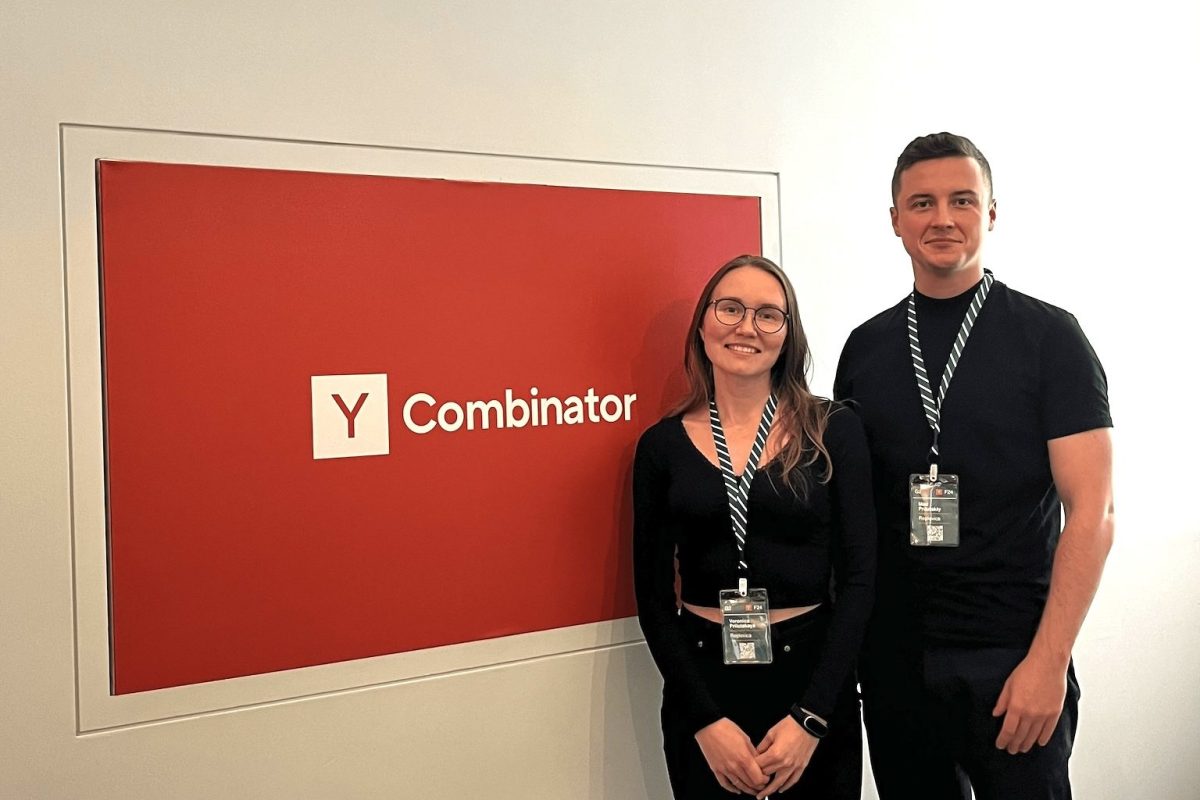Boost Your App’s Global Reach with Lingo.dev: The Ultimate Localization Engine for Developers
In today’s interconnected world, app localization has become essential for developers looking to reach global audiences. With tools like Google Translate and ChatGPT, monolingual individuals can easily communicate across languages. However, a new player is leading the charge in streamlining the localization process for developers: Lingo.dev.
Introducing Lingo.dev: A Game-Changer in App Localization
Previously known as Replexica, Lingo.dev aims to simplify the localization of app interfaces from day one. Developers can focus on coding while Lingo.dev manages translations seamlessly in the background. This innovation eliminates the need for tedious copy-pasting or juggling multiple translation files from various agencies.
Recent Funding and Growth
Lingo.dev has caught the attention of significant players in the tech industry, counting French unicorn Mistral AI and open-source Calendly competitor Cal.com among its clients. Recently, the company announced a successful seed funding round, raising $4.2 million from Initialized Capital, Y Combinator, and a group of angel investors to propel its growth further.
The Founders Behind Lingo.dev
Lingo.dev is co-founded by Max Prilutskiy (CEO) and Veronica Prilutskaya (CPO), who previously sold their SaaS startup Notionlytics. The pair began developing Lingo.dev in 2023 during a hackathon at Cornell University, which led to their first paying customers and participation in Y Combinator’s fall program.
How Lingo.dev Works
At its core, Lingo.dev operates as a Translation API that developers can integrate into their systems via GitHub or GitLab. This integration allows for automated translation updates each time code changes are made. Key features include:
- Large Language Models (LLMs): Lingo.dev uses multiple LLMs to ensure the most suitable model is used for each translation task.
- Context Awareness: The engine analyzes the entire localization file to understand the context of each piece of text.
- Translation Memories: Companies can build a repository of previously translated content to maintain consistency.
Data Privacy and Security
Data privacy is a significant concern for businesses adopting generative AI. Lingo.dev emphasizes that it does not expect any personal identifiable information (PII) to be sent to its system, focusing instead on localizing front-end interfaces and other business content.
Advanced Features for Accurate Localization
To enhance the localization experience, Lingo.dev allows businesses to:
- Upload style guides to tailor their brand voice for different markets.
- Specify rules for handling particular phrases in various contexts.
- Adjust translations to fit UI constraints, ensuring a seamless user experience.
Future developments include a feature that utilizes screenshots of app UIs to extract contextual hints about UI elements, further improving localization accuracy.
Challenges and Future Directions
While Lingo.dev is making strides in app localization, there are still challenges to address, such as cultural differences in color and symbol meanings and metric/imperial conversions. The platform currently supports the MessageFormat framework to manage pluralization and gender-specific phrasing.
Moreover, Lingo.dev is conducting applied AI research to tackle complex translation tasks, such as preserving gender distinctions when translating between languages.
A Vision for the Future
Ultimately, Lingo.dev aims to remove friction from the localization process, making it an integral part of the tech stack—similar to how Stripe revolutionized online payments.
As Lingo.dev continues to grow, the founders are moving their operations from Barcelona to San Francisco, maintaining a lean startup approach. With their experience and innovative vision, Lingo.dev is poised to transform how developers approach app localization.
For more insights on localization and AI technologies, check out our related articles on localization techniques and AI in business applications.







